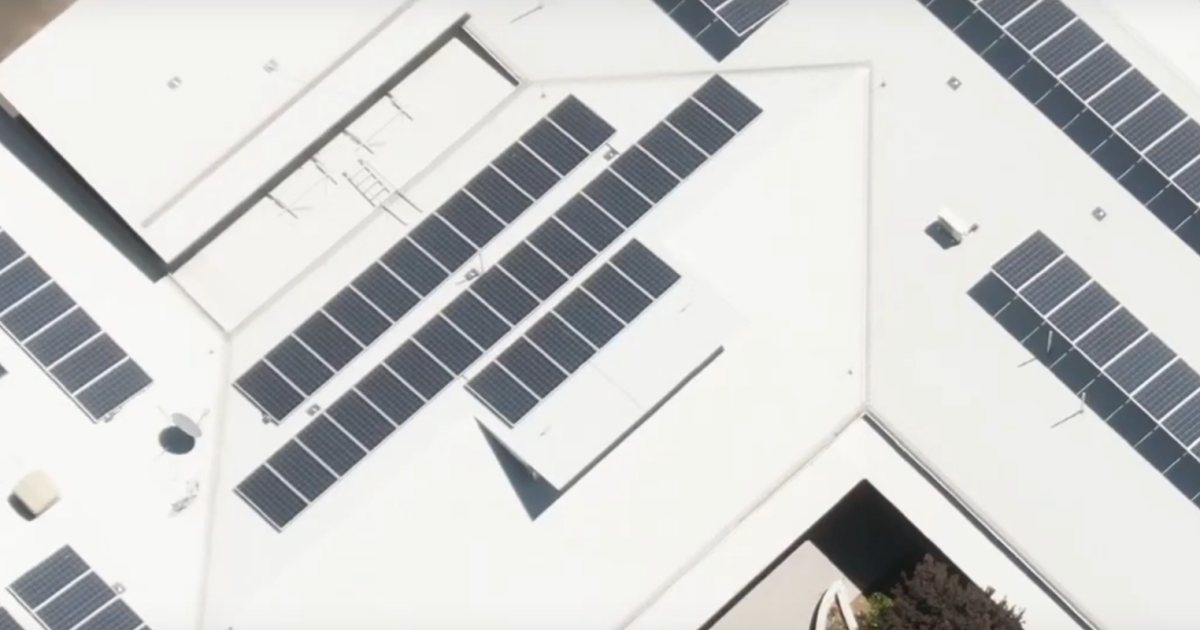Lots of solar panels and electric cars are on the cards for New South Wales’ Hunter New England Health as it strives for carbon neutrality by 2030.
Hunter New England Health provides a range of public health services to the Hunter, New England and Lower Mid North Coast regions of the state, which are home to more than 920,000 people. It has a bunch of health care facilities, including dozens of hospitals.
“The reality is, it’s no longer possible to be committed to the health of our community without addressing the health of our environment,” says HNE Health. “In response, we’re taking a giant step towards clean, green healthcare, investing in solar power, exploring sustainable water practices, reducing waste to landfill and much more.”
Last week, HNE Health formally launched its Sustainable Healthcare: Together Towards Zero initiative.
Solar Energy
Part of the initiative involves the installation of solar panels on the rooftops of all its health facilities. Among the really big systems will be a 1.9MW installation at John Hunter Hospital, which will cover 12,000 square metres of roof space. The Berejiklian Government announced $3.2 million in funding for the John Hunter Hospital PV project in January last year.
Solar power isn’t new for Hunter New England Health – back in 2017, there was a rollout of 99kW systems at healthcare facilities in Walcha, Manilla, Werris Creek, Tingha, Warialda and Bingara. At that point, these systems were expected to result in collective energy cost savings of approximately $150,000 a year. At a cost of $922,000 for the rollout, that puts simple payback at just over 6 years – and the cost of commercial solar has reduced significantly since.
Petrol/Diesel -> Hybrid -> Electric Cars
HNE Health’s initiative also includes an initial transition to hybrid vehicles, then to pure electric.
This is a little confusing – HNE Health states:
“Between 2020 and 2030, we will replace 10 percent of our fleet with pure electric models. At the end of the decade we will, without a doubt, be able to say we have achieved our target – 100 percent of our fleet will be clean, green pure electric vehicles.”
Perhaps it was meant to say HNE Health will replace 10 percent each year.
Zero Landfill Waste, Better Water Management
Other aspects of the Sustainable Healthcare: Together Towards Zero program include working to achieve zero general waste to landfill by 2030. Additionally, it sets a goal of collecting 100 per cent of the rainwater that falls on Hunter New England Health hospital rooftops and finding ways to reuse and recycle water.
For example, 50,000 litres of clean water by-product from renal dialysis were previously going down the drain at Tamworth Hospital each week. An investment of $15,000 resulted in this water being diverted for flushing toilets. Aside from helping to preserve a precious resource, the innovation will also save money. The system is to be rolled out at 10 more renal units in the HNE Health district in the years ahead.


 RSS - Posts
RSS - Posts



Speak Your Mind